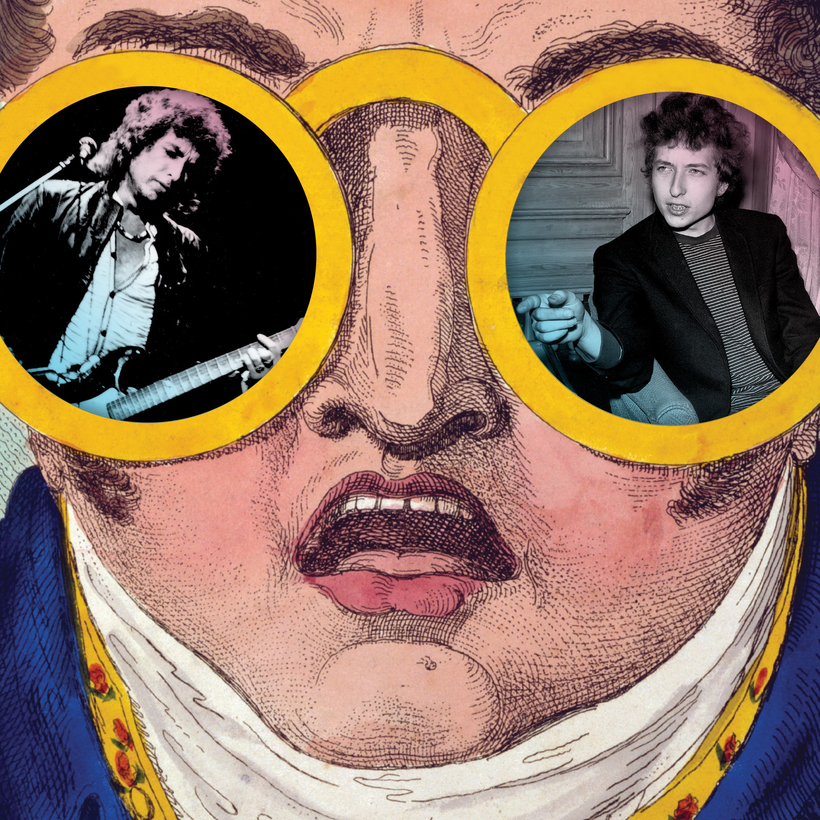It is midnight at the Bon Bon Club in Marseille. The room is small with a bar at the back. The tables are half full. Smoke curls like incense from ceramic Ricard ashtrays. Three women and a man lean against the wall. Onstage, a crooner in two-tone shoes is backed by two guitars, a battered squeeze-box, and a double bass.
The band plays with a seamless ease earned from decades of nights like this, in clubs like this. When the singer pulls the microphone stand close and slows the song to a crawl, the band slows with him. The audience is rapt, wondering how did he know, even before they did, that this is what they needed to hear, tonight.


